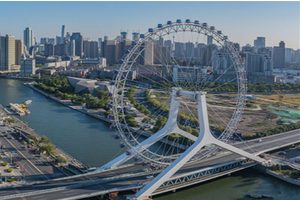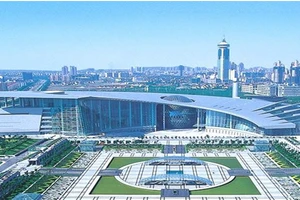Italian travel insurance
Italian travel insurance must meet the requirements of Italian visa insurance, and all visas for EU countries must meet the requirements of Italian visa insurance, including the cost of returning to the country due to illness and the cost of first aid and emergency hospitalization. All China citizens who apply for Italian visa insurance travel to Schengen must be required to purchase overseas travel insurance, and provide it as a required material for Italian visa insurance. Italian visa insurance requirements: the amount of accidental injury insurance must exceed 30W RMB or the equivalent of 3W Euro; The insurance coverage must cover the whole Schengen area; Insurance time refers to different embassies and consulates, and the requirements are different.
If you want to know more about insurance, you can go to > > "Keep more fish safe and talk about insurance" for free consultation!
Traveling to Italy, if you want to save money and enjoy the fun of traveling at the same time, you can adopt the following strategies:
Choose to travel in the off-season: The tourist season in Italy is usually summer and some religious festivals. At this time, air tickets, accommodation and scenic spots tickets will be more expensive. Choosing to travel in spring (April to June) or autumn (September to November) is not only less crowded and affordable, but also can better experience the local culture.
Book air tickets and accommodation in advance: Book air tickets and accommodation several months in advance by using various price comparison websites, such as Skyscanner and Booking.com, and usually enjoy lower prices. It may be more economical to choose a place to stay outside the city center, or consider a homestay such as Airbnb.
Buy City Pass: Many Italian cities offer City Pass (such as Rome Pass, Florence Card, etc.), which usually includes public transportation, free or discounted admission to major museums and attractions, as well as catering and shopping discounts, which can save a lot of money.
Buffet point: Italian restaurants may have higher prices, especially in tourist areas. You can choose to buy ingredients in supermarkets and cook by yourself, or eat in local markets and small restaurants in non-tourist areas, which can not only experience authentic food, but also save money.
Free activities: Many Italian cities have free parks, squares and historical blocks to visit. For example, the Fountain in Rome, the Piazza San Kyle in Venice, etc. In addition, some museums and galleries are open to the public free of charge on certain days, and relevant information can be searched in advance.
Use public transportation: The inter-city transportation in Italy is mainly by train, so you can consider buying the ItaliaRail Pass, which is usually more cost-effective than buying tickets once for travelers who plan to visit many cities in a short time.
Limit the shopping budget: Italy is the fashion capital, and the shopping temptation is great. However, in order to save money, you can set a shopping budget and try to avoid shops in tourist areas, where prices are often higher.
Choose the right travel insurance: Travel insurance can provide protection in case of accidents and reduce extra expenses. Choose the insurance plan that suits you and ensure that you have enough protection during the trip.
Travel in company: If possible, if you travel with friends or family, you can share the expenses such as accommodation and transportation.
Know local customs and laws: Avoid unnecessary fines due to ignorance of local customs and laws.
Through these strategies, you can save money and fully experience the local culture and customs when traveling in Italy. Remember to make full preparations and research before you leave, so that your trip can be smoother and more enjoyable.






